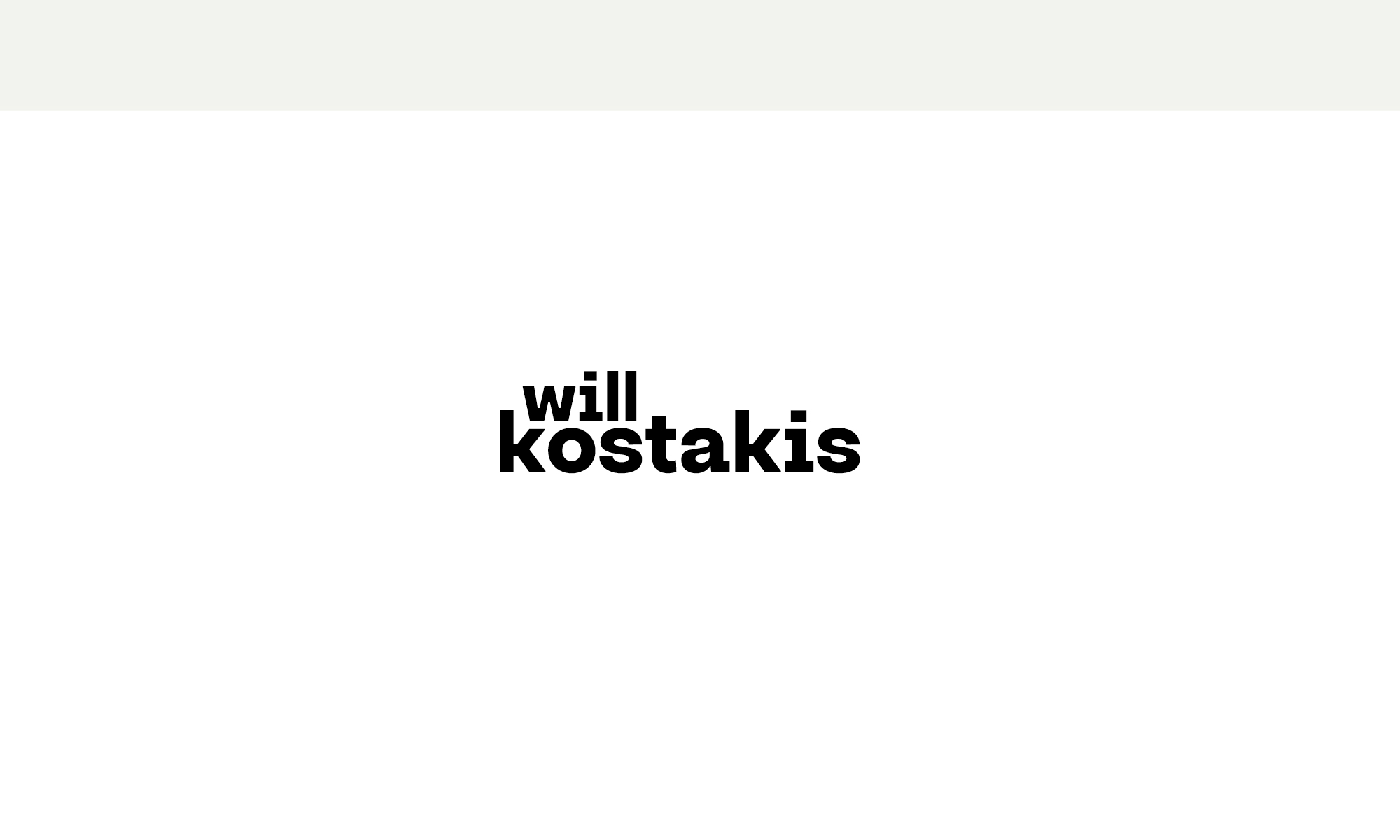
I’ve wanted to write something about marriage equality and the election for some time now. Whenever I attempt to write a piece, though, a voice in my head tells me not to be so political. It’s a neat trick. Conservatives politicise the way I live and the way I love, then make me feel as though it’s inappropriately political to speak from my own experiences.
As a result, I’ve written nothing.
And when you write nothing, you relinquish the pen to somebody else. Somebody who says that he, as a heterosexual white male with “very strong religious views”, encounters the same “dreadful hate speech and bigotry” as LGBT Australians.
With the Coalition’s expected return to power will come an expensive plebiscite over whether marriage equality should be granted. Yes, a federally funded opinion poll asking whether two consenting adults should be allowed to marry is ludicrous, but the plebiscite will be so much more. It will be about the validity of homosexual love, the acceptability and quality of homosexual parenting, and a whole load of other homophobic concerns.
It will finally put a numeric value on the disdain some people have for same-sex-attracted people. See, even if it is overwhelmingly successful … Like, let’s say 70% vote in favour of marriage equality, it will still stand as a reminder to every gay, lesbian, bisexual, trans, queer, intersex, asexual, questioning person, adult or child, that 30% of Australians disapprove of them.
I might not ever get married, but I want marriage equality. I do not believe in trickle-down economics, but I believe in trickle-down morality. So long as our politicians debate and bicker over whether LGBT Australians ought to have equal rights under the law, the homophobic fringes of society are vindicated.
Marriage equality will change attitudes, and … Sorry, Fred Nile, but it will also change schools. Male and female teachers will have husbands and wives respectively. More kids with same-sex parents will enrol. Kids who’ve been to gay weddings will know that they can be just as boring. ‘Gay’ will eventually lose its meaning as a slur.
And let’s be honest, schools do need to change. My heart shouldn’t skip a beat when I hear a teacher say something about respecting the LGBT community at an Anglican school assembly (last week). I shouldn’t have a librarian tell me how much she enjoyed The Sidekicks and boast about encouraging teachers to borrow it because it was on their ‘Adults-Only’ shelf.
We’re being left behind by the rest of the world. I feel it now. I felt it last year, when I toured with a gay author from the United States. Having read their bio, a teacher at a secular school approached us and delicately implied that it would not be appropriate for this author to talk about certain things, because “there were square parents at their school”. Having seen this author speak for a few days, I was beginning to feel inspired to come out professionally myself – that incident alone pushed me back into the closet until earlier this year and … we all know what happened then.
My heart breaks just thinking about the students who are affected by those same … “square parents”.
On the other side, Bill Shorten has said that marriage equality will be the first law Labor passes if the party wins the election. It makes me deeply uncomfortable that a party that was in power three short years ago is now dangling equal treatment under the law as some eleventh-hour sweetener in a marathon election campaign.
If the alternative is a divisive plebiscite, on top of the parallel importation of books and the general feeling that our parliament is some unfunny Benny Hill skit, I’m game.


